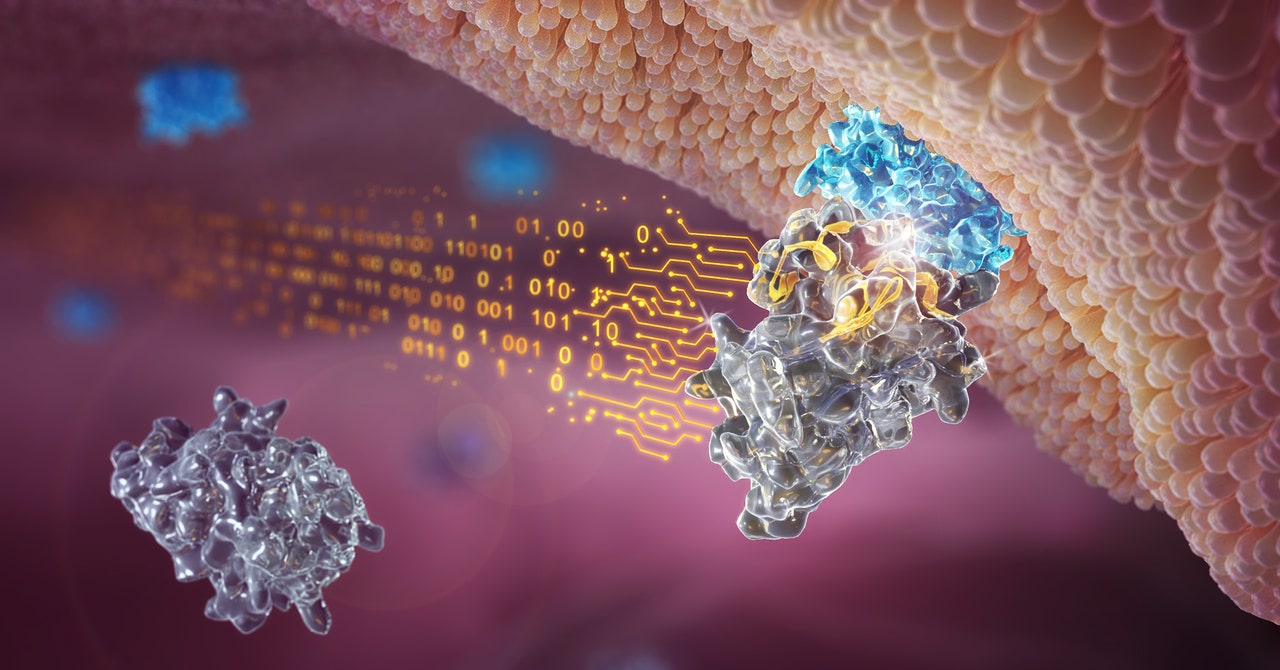The complexity of antibodies requires thinking about biological processes at the molecular level, says Weatherall: “In the past this was a laborious process, but we now have the capacity to screen up to hundreds of millions of antibody sequences per experiment . ability to train machine learning models, which means that in the future we will be able to use AI to design antibodies to quickly target a particular disease.
And wherever larger volumes of data are generated, AI is beneficial by ensuring that researchers “don’t get lost in an ocean of data,” he adds. “This can help us find patterns and understand new ways to target disease.”
AstraZeneca is taking a creative approach to AI integration, not to replace all human decision-making, but to streamline the process to enable faster and safer drug development, with the aim of improving the life of patients.
“When we can combine AI with new experimental paradigms, we begin to transform parts of the drug development process into something enormously accelerated compared to what it was before. In fact, we are now at a point where more than 85 percent of AstraZeneca’s small molecule pipeline, a widely used type of drug, has seen its development supported by AI tools, he says.
AstraZeneca is also making progress in using AI in clinical trials, for example in respiratory medicine.
Typically, healthcare professionals manually play back test recordings to count the number of times a patient coughed. But thanks to the training of an AI program capable of recognizing and classifying different types of audio, it will be possible in the future not only to free up valuable human time. , but to obtain more precise results.
Aware of how quickly this field is evolving, and far from exploring all the possibilities of AI alone, the company operates in an interconnected and interdisciplinary ecosystem, working with both commercial partners and academic groups seeking to push cutting-edge research and meeting new challenges. laid.
In 2020, Weatherall co-founded the Cambridge Center for AI and Medicine. Working alongside another pharmaceutical colleague to maximize input and knowledge, he worked with a number of departments at the University of Cambridge on high-risk research projects.
“Partnerships are absolutely essential, and the days of us trying to do all of this in isolation are long gone,” he says. “By fostering a culture of intellectual curiosity and collaboration, we want to empower our data scientists and partners to push the boundaries of what is possible in healthcare.
To deliver on the promise of AI and data science, ethical considerations such as data privacy, transparency, and algorithmic bias are paramount.
“In life sciences, patient safety and public health are our top priority,” he explains. “At AstraZeneca, the ethical and responsible use of data and AI is at the heart of everything we do. By ensuring appropriate standards are in place, we can be confident in our results. »
“AI is already transforming the way we discover and design drugs,” Weatherall says. “Usage is no longer an ‘add-on’ or a ‘fun’, but an essential and integrated part of the science we offer. If you want to work on very difficult problems with high-stakes solutions, the life sciences are a fabulous place: you have the potential to help more people live better, healthier, longer lives.
This article was initiated and funded by AstraZeneca. Z4-71295, January 2025.










